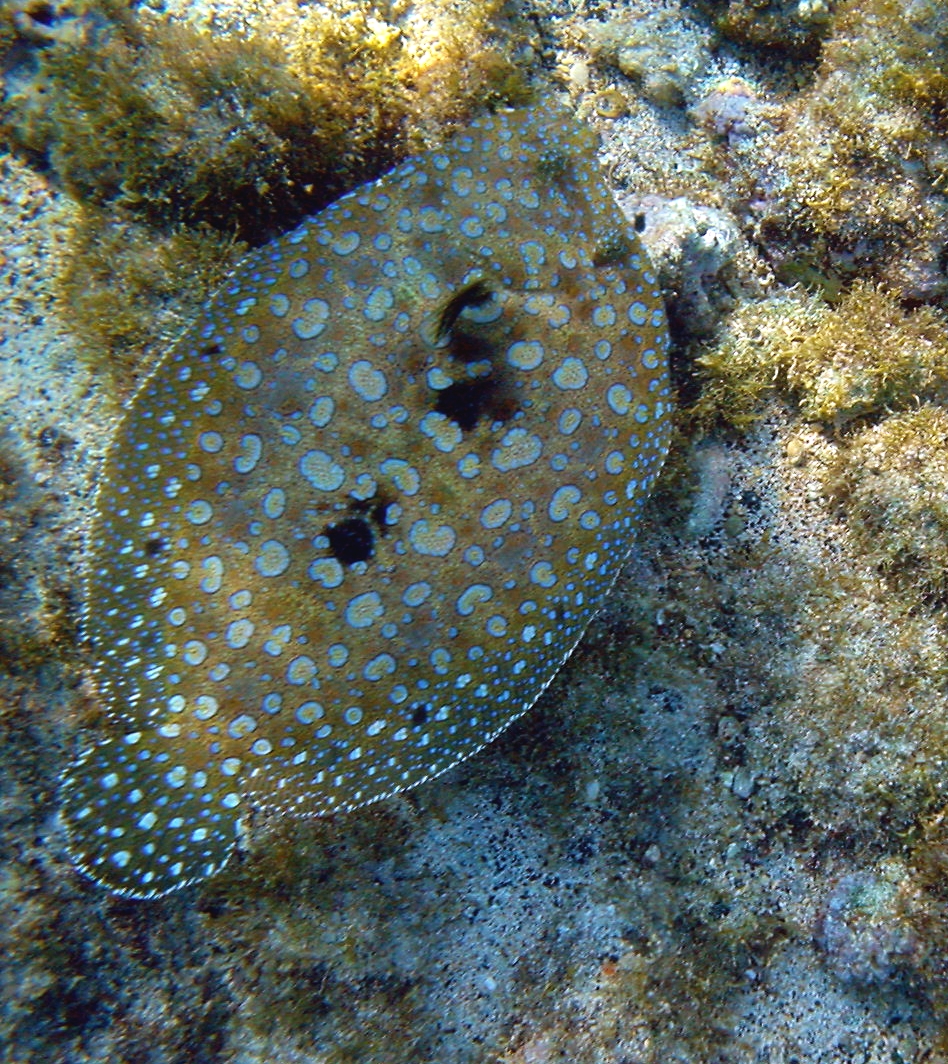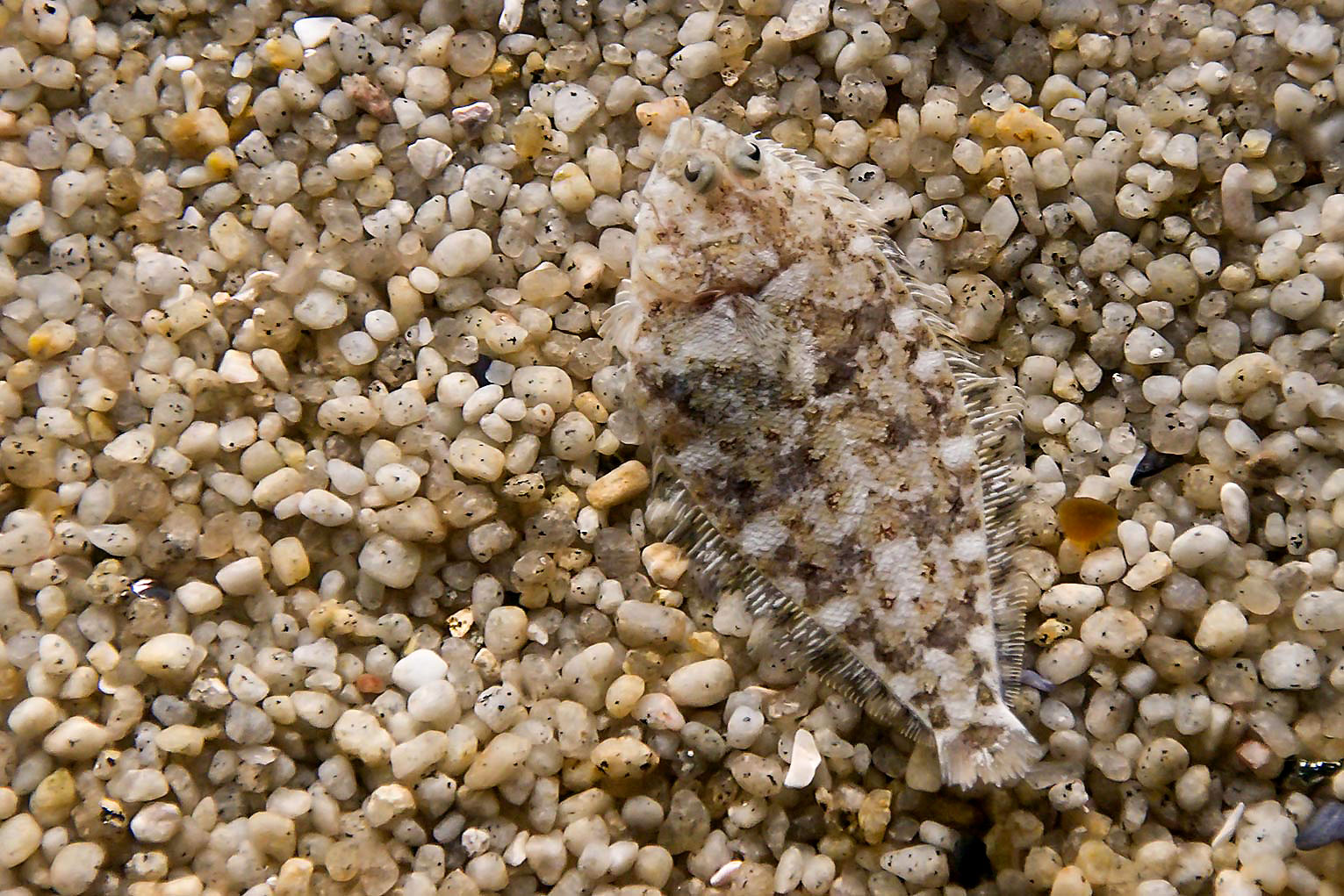Flounder on:
[Wikipedia]
[Google]
[Amazon]

 Flounders are a group of
Flounders are a group of
 World stocks of large
World stocks of large
Common names containing "flounder"
at

 Flounders are a group of
Flounders are a group of flatfish
A flatfish is a member of the Ray-finned fish, ray-finned demersal fish Order (biology), suborder Pleuronectoidei, also called the Heterosomata. In many species, both eyes lie on one side of the head, one or the other migrating through or around ...
species. They are demersal fish
Demersal fish, also known as groundfish, live and feed on or near the bottom of seas or lakes (the demersal zone).Walrond Carl . "Coastal fish - Fish of the open sea floor"Te Ara - the Encyclopedia of New Zealand. Updated 2 March 2009 They oc ...
, found at the bottom of oceans around the world; some species will also enter estuaries
An estuary is a partially enclosed coastal body of brackish water with one or more rivers or streams flowing into it, and with a free connection to the open sea. Estuaries form a transition zone between river environments and maritime environm ...
.
Taxonomy
The name "flounder" is used for several only distantly related species, though all are in the suborder Pleuronectoidei (families Achiropsettidae, Bothidae, Pleuronectidae, Paralichthyidae, and Samaridae). Some of the better known species that are important in fisheries are: * Western Atlantic ** Gulf flounder – ''Paralichthys albigutta'' ** Southern flounder – ''Paralichthys lethostigma'' ** Summer flounder (also known as ''fluke'') – ''Paralichthys dentatus'' **Winter flounder
The winter flounder (''Pseudopleuronectes americanus''), also known as the black back, is a right-eyed ("Sinistral and dextral, dextral") flatfish of the family Pleuronectidae. It is native to coastal waters of the western north Atlantic Ocean, A ...
– ''Pseudopleuronectes americanus''
* European waters
** European flounder – ''Platichthys flesus''
** Witch flounder – ''Glyptocephalus cynoglossus''
* North Pacific
** Halibut – ''Hippoglossus stenolepis''
** Olive flounder – ''Paralichthys olivaceus''
Eye migration
Larval flounder are born with one eye on each side of their head, but as they grow from the larval to juvenile stage throughmetamorphosis
Metamorphosis is a biological process by which an animal physically develops including birth transformation or hatching, involving a conspicuous and relatively abrupt change in the animal's body structure through cell growth and different ...
, one eye migrates to the other side of the body. As a result, both eyes are then on the side which faces up. The side to which the eyes migrate is dependent on the species type. As an adult, a flounder changes its habits and camouflage
Camouflage is the use of any combination of materials, coloration, or illumination for concealment, either by making animals or objects hard to see, or by disguising them as something else. Examples include the leopard's spotted coat, the b ...
s itself by lying on the bottom of the ocean floor as protection against predators.
Habitat
Flounders ambush their prey, feeding at soft muddy areas of the sea bottom, near bridge piles, docks, and coral reefs. A flounder's diet consists mainly of fish spawn,crustacean
Crustaceans (from Latin meaning: "those with shells" or "crusted ones") are invertebrate animals that constitute one group of arthropods that are traditionally a part of the subphylum Crustacea (), a large, diverse group of mainly aquatic arthrop ...
s, polychaete
Polychaeta () is a paraphyletic class of generally marine Annelid, annelid worms, common name, commonly called bristle worms or polychaetes (). Each body segment has a pair of fleshy protrusions called parapodia that bear many bristles, called c ...
s and small fish. Flounder typically grow to a length of , and as large as . Their width is about half their length. Male '' Platichthys'' have been found up to off the coast of northern Sardinia, sometimes with heavy encrustations of various species of barnacle
Barnacles are arthropods of the subclass (taxonomy), subclass Cirripedia in the subphylum Crustacean, Crustacea. They are related to crabs and lobsters, with similar Nauplius (larva), nauplius larvae. Barnacles are exclusively marine invertebra ...
.
Fluke, a type of flounder, are being farm raised in open water by Mariculture Technologies in Greenport, New York.
Threats
 World stocks of large
World stocks of large predatory fish
Predatory fish are hypercarnivorous fish that actively prey upon other fish or aquatic animals, with examples including shark, billfish, barracuda, alligator gar, tuna, dolphinfish, walleye, perch and salmon. Some omnivorous fish, such as t ...
and large ground fish, including sole and flounder, were estimated in 2003 to be only about 10% of pre-industrial levels, largely due to overfishing
Overfishing is the removal of a species of fish (i.e. fishing) from a body of water at a rate greater than that the species can replenish its population naturally (i.e. the overexploitation of the fishery's existing Fish stocks, fish stock), resu ...
. Most overfishing is due to the extensive activities of the fishing industry. Current estimates suggest that approximately 30 million flounder (excluding sole) are alive in the world today. In the Gulf of Mexico
The Gulf of Mexico () is an oceanic basin and a marginal sea of the Atlantic Ocean, mostly surrounded by the North American continent. It is bounded on the northeast, north, and northwest by the Gulf Coast of the United States; on the southw ...
, along the coast of Texas
Texas ( , ; or ) is the most populous U.S. state, state in the South Central United States, South Central region of the United States. It borders Louisiana to the east, Arkansas to the northeast, Oklahoma to the north, New Mexico to the we ...
, research indicates the flounder population could be as low as 15 million due to heavy overfishing and industrial pollution.
References
External links
Common names containing "flounder"
at
FishBase
FishBase is a global species database of fish species (specifically finfish). It is the largest and most extensively accessed online database on adult finfish on the web.
*
{{commercial fish topics
Commercial fish
Pleuronectoidei
Fish common names
Cuisine of the Southern United States